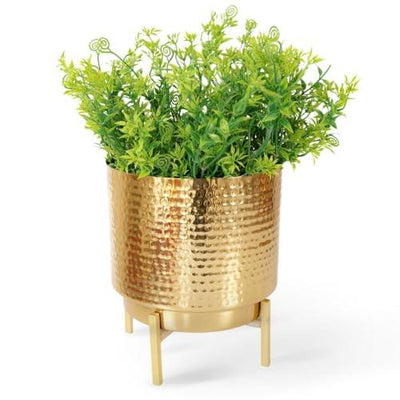ZZ (Zamioculcas) Plant "Die Hard" of Plants
ZZ plant care starts with a lack of care. In fact, ZZ plants will do better if you leave them alone. If there is a perfect plant which grows in neglect, it's ZZ Plant, this perennial house plant can take months and months of neglect and low light but still looks amazing. The plant ZZ (Zamioculcas Zamiifolia) gets its common name from its botanical name. Since the Zamioculcas Zamiifolia was long and hard to say, many kindergarten staff simply shortened it to ZZ. T
he stems of the ZZ plant grow in a graceful manner, like a wand that begins to harden and has a caterpillar on the ground and then tramples on a certain surface. Next to the stem are fleshy, oval leaves that make the plant look like stylish feathers. The whole plant has a waxy, glossy cover that makes it look similar to those made of plastic. Between the inherent characteristics of this plant and its waxy coating, it is not uncommon for people to insist that it should be an artificial plant.
ZZ plants do best in bright to moderate, indirect light, but will do fine in extremely low levels of light. This plant makes an ideal plant for a window-less office or bathroom where it will only receive small amounts of fluorescent light.
While ZZ plants can take direct light, you may see some scalding on the leaves if it is left in direct light. Additionally, curling leaves, yellowing, and leaning can all be an indication of too much light. When you notice curling taking place, it typically means the plant is trying to move away from the light source. Move the plant to a shadier location or farther away from the light source. You can also try filtering the light with curtains or blinds if moving the plant is not feasible

















Other such plants are Jade, various snake plants, areca palm, money plant all these plants need minimum care
Good information about ZZ plant, it’s really a die hard, can you also tell about other such plants which are equally resilient and need least attention
Leave a comment